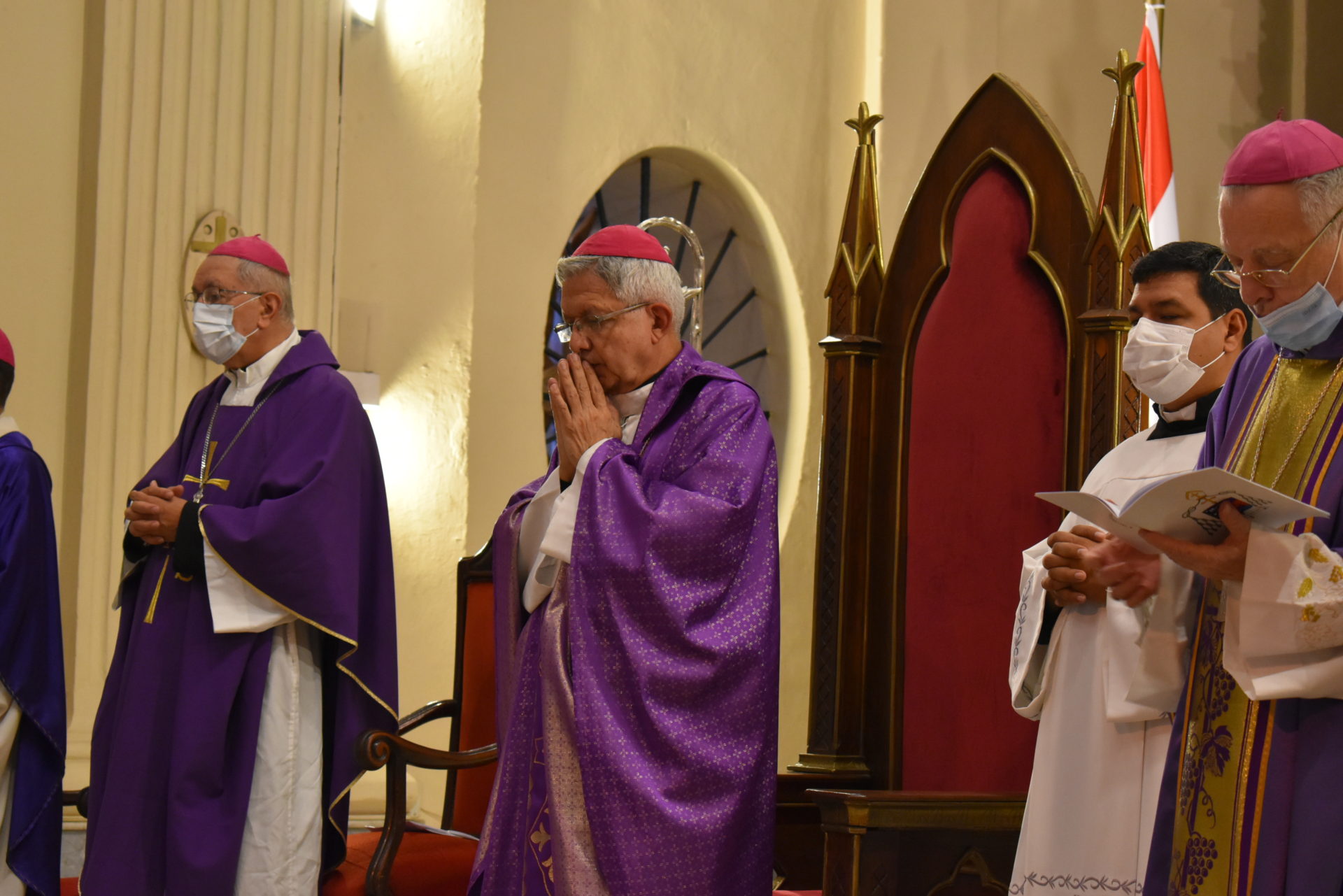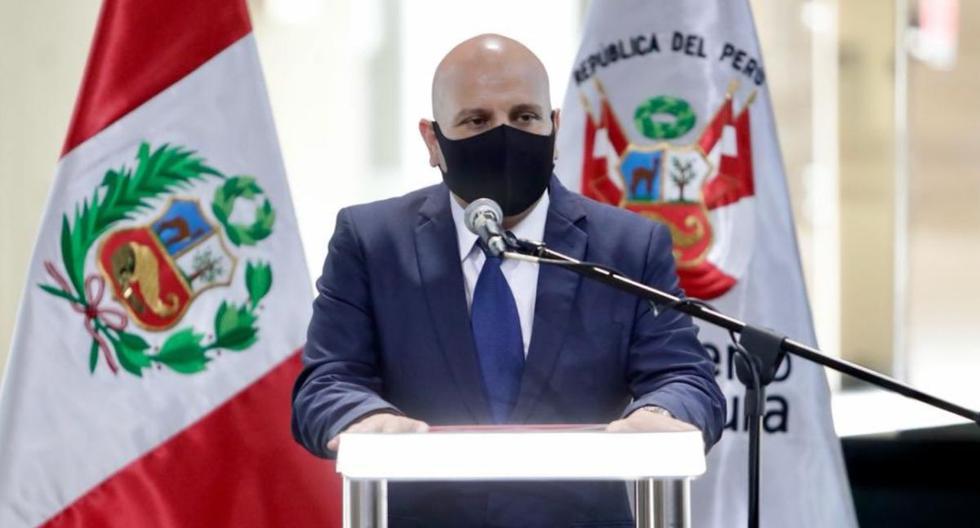On Thursday, March 10, World Kidney Day is commemorated. Since 2006, the International Society of Nephrology established the second Thursday of March as the established date to make patients and the general population aware of the importance of this organ, kidney diseases and how to prevent them.
The Head of the Adult Nephrology Department of the Hospital de Clínicas, Prof. Dr. Fernando Da Ponte, indicated that 10% of the world’s population suffers from some type of kidney disease and many times patients are unaware that they have the disease. Therefore, they insist on the importance of periodic check-ups to detect some type of kidney disease and, above all, those patients who suffer from diabetes or high blood pressure.
“We have to say that kidney disease is an ailment whose treatment is expensive, especially substitute treatments such as dialysis and transplants, which often have a negative impact on our administrators and on the government that has to support these programs. Hence, it is much better to prevent than to cure, through a periodic, annual check-up, with very few analyzes we can mislead some type of kidney disease in any patient or in the general population”.
According to statistical data from Adult Nephrology of the Faculty of Medical Sciences and Hospital de Clínicas, only in the month of February, 400 patients were attended in outpatient consultations, corresponding to patients of Clinical Nephrology, dialysis, hemodialysis and peritoneal dialysis patients. In addition to kidney transplant patients who follow monthly, quarterly or half-yearly.
The specialist reported that almost all patients who come to the consultation present renal pathology with different diagnoses, not only in outpatient consultation but also in the emergency room.
Patients with terminal chronic kidney disease arrive daily at the Adult Emergency Service, with very advanced diseases for which, unfortunately, medical treatment cannot be offered. “In that case we only indicate dialysis, hemodialysis or peritoneal dialysis, and to the youngest a kidney transplant, but we have a large number of patients who do not know they were kidney patients and who arrive from the emergency room with the disease in a very advanced state”, lament.
It is essential that the patient undergoes a general check-up with a clinician or family doctor so that, according to the results, the patient is referred to a specialized consultation with nephrology. However, he said that long-standing hypertensive or diabetic patients, as well as patients with a family history of kidney disease, must go through an annual nephrological check-up.
Among the warning signs of a kidney condition, the nephrologist said that there are not many symptoms, but edema (swelling) stands out, especially in the face, high blood pressure and diabetes. They are patients who need a clinical check-up and a specialized nephrology consultation to rule out kidney disease.
“Usually the kidney patient begins with edema or swelling of the face and then generalizes in the legs, they can even retain fluid in the abdomen (ascites) but that is a situation where the disease is already very advanced. Here the important thing is the annual check-up and from there, I make a call to attention to clinicians or family doctors, who refer those patients who have hematuria or lose protein in the urine in their clinical check-up, ”he emphasized.
Another of the recommendations launched by Dr. Da Ponte is to lead a healthy lifestyle, maintain a balanced diet, not eat too many proteins, do not overdo salt and do physical activity, factors that help to take better care of the kidneys and the heart. “Restrict the intake of meat in an abusive way, offal, sausages and replace them with healthier meals.”
Adult Nephrology attends by outpatient clinic in the Office Tower, from Monday to Friday in the morning and afternoon shifts. The scheduling is by telephone, by calling 021 683930 ext. 210, or by sending a message via WhatsApp to 0986 267967. As well as in person directly at the Nephrology Secretariat on the 2nd. Internship block floor. In addition to interconsultations with the nutritionist for the care of kidney patients.





